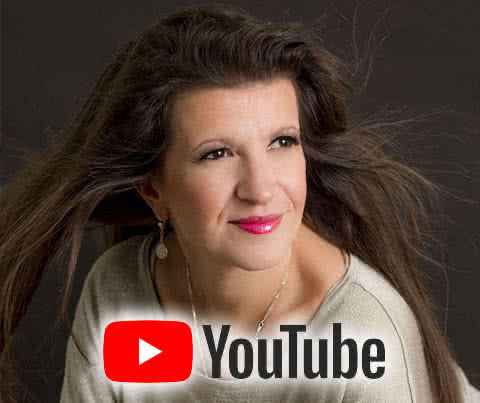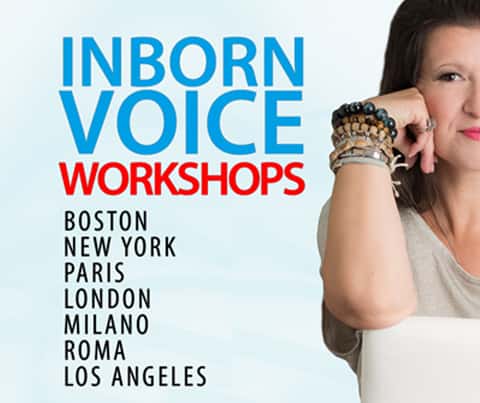Vocal technique: what it is, how to get it and how to improve it
One of Mylena Vocal Coach's most famous quotes is "Technique is nothing without emotion." This is true in any area, whether it be family, professional or entertainment. In fact, technique is something that everyone can develop, but without emotions, without a method to convey one's identity through that technique, all voices will sound the same and in the long run will become boring.
An inborn or a built in technique?
Even the term "technique" is often misused in the world of voice training. A technique is nothing more than a set of rules useful to achieve the maximum result in the execution of an activity, whatever it may be. It is therefore evident that when we speak about voice technique, we are referring to a "single" way of reaching a goal , not in a plural form. Since the phonatory apparatus is unitary, it is not possible to change its modality because, by definition, it has only one way to operate at maximum efficiency. Obviously, there will be an infinite number of other operating modes, but they will not be able to guarantee the same performance. It's a bit like using a fountain pen. It has been designed and engineered to work in a particular way. If someone wants to use it vertically or with the nib upside down, they will get only poor results.
The voice technique is the result of the evolution of the human being and is necessarily inborn. It is not a gift for the few, or rather, it is a gift for those who fully respect their physiological nature.
Learning self-correction
A beautiful voice in speech or singing is not only related to the simple aspect of vocal technique, but to a complex set of components that I prefer to define with the term " vocal communication ".
The normal learning process of our brain is still the same. It is a mechanism built for trials and errors combined with a mechanism of reward and penalty. This also applies to self teaching. A person who is persuaded to be "learning to sing" is actually also unconsciously modifying his or her way of speaking. The two things are not unrelated or independent. But the learner does not have the skills to judge whether if a result is a success or an error, which is why he/she must rely on a Vocal Coach.
The Inborn Voice method and vocal technique
The task of the Vocal Coach is also to give the right "reward" to each student. This little statement contains the biggest disasters ever made in the name of voice training. How many times a trainee is encouraged to go "beyond", to do physical harm to the vocal cords, or how many times he/she is congratulated for an obvious mistake? Every time this thoughtlessness happens, our brain records a bad learning that will then become part of us.
Usually no one teaches how to self-correct because no one knows what it is. Yet it is the most natural pedagogical learning of the human being . Voice technique, like any other, is judged by the results obtained, which cannot be expressed in subjective terms such as " I like it ", but in objective terms: dynamic amplitude of the volume, clarity of exposure, vocal extension, and so on.
Voice can also save our lives in dangerous situations. In those moments no one "thinks" about screaming, but just does it, almost unconsciously and in fact, he/she succeeds beautifully.







